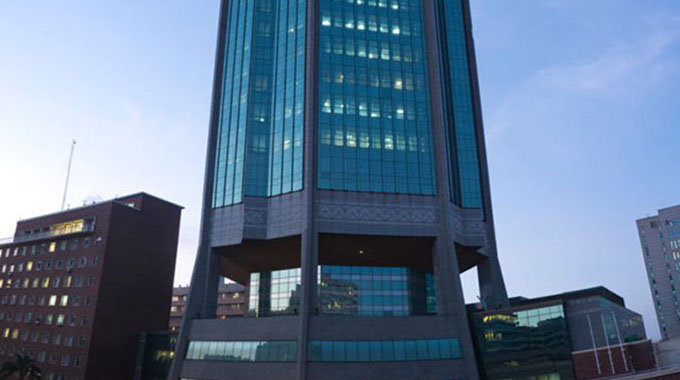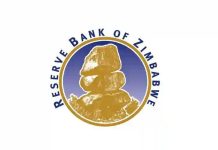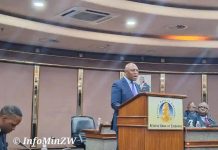Reserve money increased by $2,2 billion to $17,6 billion for the week ending October 16, 2020, reflecting a rise in banking sector deposits at the Reserve Bank of Zimbabwe (RBZ), as the Government paid its workers.
This stock of money pertains to funds banks are allowed to hold at any given moment, which are readily available for purposes of lending or availing to clients and borrowers without negatively affecting the economy.
The central bank has been keeping a hawk’s eye on liquidity, as it maintains a stranglehold on money rapid supply growth, which can upset the macro-economic stability brought about by exchange rate stability.
A cocktail of measures, including suction system setting limits on mobile money transfers and outright banning of agents and payments from bulk mobile lines as well as the monetary targeting have stabilised the exchange rate.
Authorities have also committed to maintain monetary and fiscal discipline as a cardinal rule to ensure the local currency sustains the current stability as the market grows confidence in using it for transacting.
Banks are subject to requirements on the amount of cash reserves they must hold, as mandated by the central bank in order to maintain equilibrium between the needs of the economy and what banks can provide.
According to the latest reserve money update from the central bank, the stock of reserve money rose $2,1 billion while banks’ statutory reserves surged by a marginal $0,1 billion during the period under review.
“The increase in banks’ liquidity at RBZ was largely attributable to the decline of Government deposits at RBZ by $1,4 billion as the Government was paying salaries to its employees,” the central bank said in its latest update.
A reduction in Government deposits at RBZ represents an injection of liquidity in the banking sector whilst an increase of deposits represents withdrawal of money from the banks, the central bank explained.
The balance of $700 million increase in reserve money was due to the purchase of foreign exchange by the RBZ through banks for purposes of funding the foreign exchange auction system introduced in June this year.
Purchases of foreign currency by the central bank increase the amount of liquidity in the market, whilst the sale of foreign currency by the monetary authorities has the effect of withdrawing liquidity from the market.






